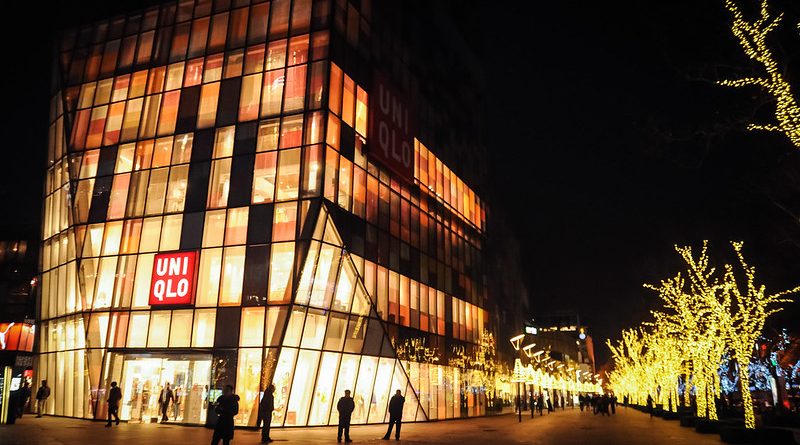Bizarre Bazaar: Chinese Mao Mania!
Shopping Essentials
Where: Chengdu, Sichuan Province, Southwest China
In Store: Keyrings, busts and little red books in homage to the great Red leader
What’s it worth: A few dollars can buy a kitsch political treat
Bag a Bargain: Buy a suitcase of Little Red Books to sell when you get home
Where It’s At
Chengdu is the hub of Southwest China in the west Sichuan plain where the Nan and Fu rivers meet. An ancient walled city; it was the capital of the 3rd century Shu kingdom. For its fertile terrain’s, Chengdu is also known as the Land of Abundance.
Mao Mania
Mao Mania has had an unexpectedly crazed revival since 2000 throughout China. Tubs of Mao badges, posters and plates emblazoned with Mao’s portrait, busts and even alarm clocks with red guards holding Red Bibles waving from each tick clamber for attention in many of Chengdu’s markets. One Mao aficionado in Sichuan claims to have 18,000 collectibles – a veritable museum of Mao memorabilia. Along with Mao’s godlike status some claim he can bring good luck and offer protection, like the destitute peasants who bought Mao talismans en mass after last year’s catastrophic floods. To the people of China, Mao represented a golden age of stability and political ideology.
Mao mania has more in common with capitalism than communism; street traders know that Mao means money. However, The Mao pop culture phenomenon is a kitsch affair with a notion of high camp. The Mao ideology is diffused to a bauble or cheap key ring, as a backhand slap against the austerity of Maoism.
Where to Bag a Bargain
Like most Chinese cities, Chendu’s stores are thematically clumped together. Local handicrafts include Sichuan brocade, Sichuan embroidery lacquerware and porcelain body bamboo ware. Bazaars (or free markets) are popular among tourists with the city divided into open air markets and open walk in shop fronts on the streets.
What It’s Worth
At a recent Sotheby’s auction, a bilingual edition of Mao’s “little red book” exceeded $200, but it costs a mere $2.50 on the streets of Beijing, where Mao busts will retail at around $12. If you’re in China, less is more for Mao kitschorama.
By Susi O’Neill




